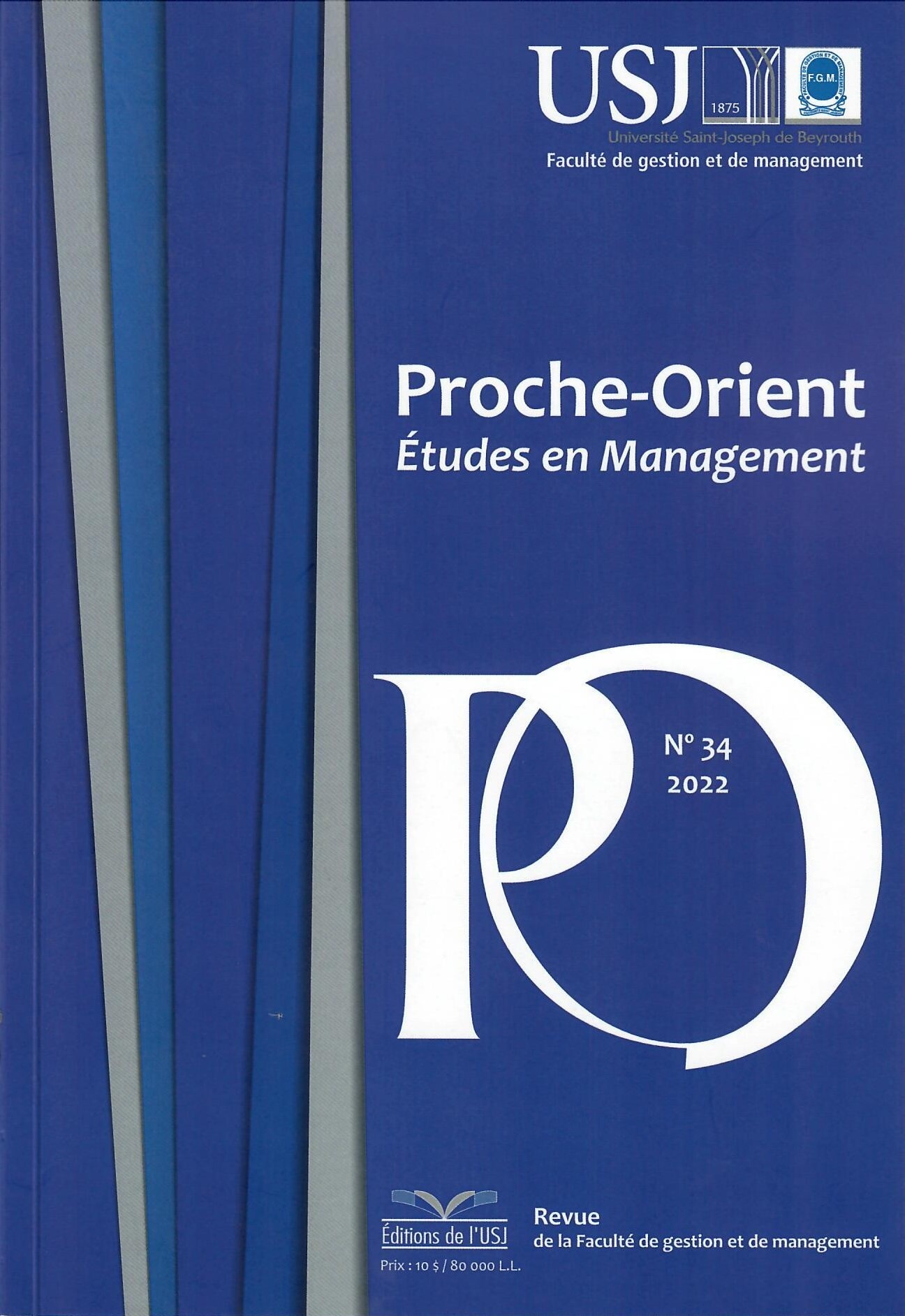Abstract
Nowadays, the question of an optimal capital structure depends on the impact of financial distress on the capital structure, and financial distress becomes one of the main difficulties encountered in this field and appears when the company cannot meet its financial obligations. In most cases, there are important factors that directly affect the likelihood of financial hardship, but they are not quantifiable. The volatility of the company’s earnings is an important factor that puts the listed company in a critical position that may require a downgrade of its rating which incorporates an important aspect of capital structure decisions, as the effects between credit ratings and the capital structure remain noticeable in the Static trade-off theory (STT) and the pecking order theory (POT). This risk is based on an assessment of the company’s financial condition and an assessment of its financial flexibility, where the stability and sustainability of its profitability are among the most important considerations. The aim of this article is not to investigate the many dynamic factors affecting the optimal capital structure, but to dig deeper into some of these drivers to address the effect of income volatility on the level of debt. We found that the level of debt is negatively correlated with the volatility of a company’s earnings.

